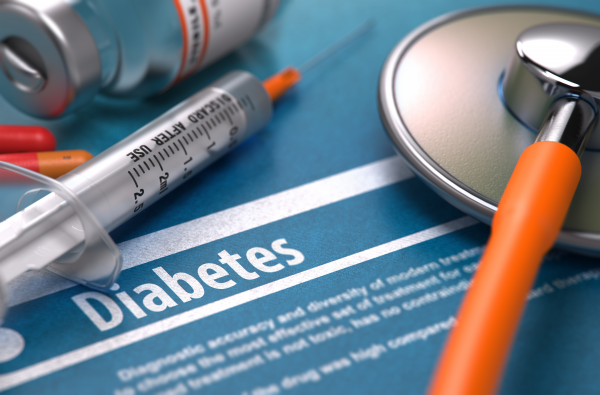A new survey commissioned by Medtronic has revealed a shift in attitudes towards Type 1 diabetes (T1D)
A recent survey of over 1,000 Australian adults shows that most respondents agreed that anything is possible for people with T1D.
Over half of the respondents (55.6 per cent) said that having T1D would not hold them back from playing professional sports, being a parent, modelling, travelling, enjoying high-adrenaline activities, or being a leader in the workplace.
Almost one-third (32 per cent) of diabetics say their workplace has formal processes to support them.
“We engage with T1D patients all over the world who are redefining what life with T1D looks like by smashing glass ceilings in their respective fields. There are so many athletes, parents, business owners, travellers – the list goes on, that are living testaments to the fact that you don’t have to give up on your dreams because you have T1D,” said Aviva Assouline, the senior regional director of Medtronic ANZ Diabetes.
According to the survey, 72 per cent of respondents said they do not have any experience with T1D but are aware of it and its challenges.
More than half of non-patients (64.1 per cent) said they would educate themselves about the condition to support a friend or loved one, with 49.1 per cent willing to provide transportation to medical appointments. Almost half (45.2 per cent) confirmed their willingness to take additional work responsibilities for their T1D colleague if they felt unwell.
Most respondents with T1D said their close family, friends, and partner (64 per cent) are their biggest support followed by healthcare professionals (20 per cent).
“Loved ones play an incredibly important role in supporting a person with T1D. While the latest technology certainly makes managing physical symptoms easier – it's important to be aware of the emotional impact of the disease. Family and friends play an imperative role in keeping spirits high, and encouraging T1D patients in their journey,” added Ms Assouline.
